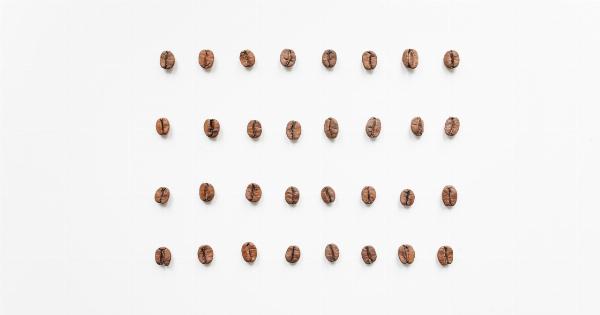In today’s fast-paced and often stressful world, it’s easy to neglect our health.
Most of us are aware of the importance of maintaining a healthy lifestyle, but we often overlook the impact our choices can have on our internal organs, particularly the liver. The liver is one of the most vital organs in our body, responsible for filtering toxins, aiding digestion, and countless other essential functions.
However, certain behaviors can significantly damage the liver and lead to various liver diseases and health complications.
1. Excessive Alcohol Consumption
One of the most well-known and common causes of liver damage is excessive alcohol consumption.
Alcohol is metabolized by the liver, and ongoing heavy drinking can lead to the development of alcoholic hepatitis, fatty liver disease, alcoholic cirrhosis, and even liver cancer. Limiting your alcohol intake is crucial for maintaining a healthy liver.

2. Poor Dietary Choices
What we eat directly affects our liver health. Regular consumption of unhealthy, fatty, and processed foods can lead to a condition called non-alcoholic fatty liver disease (NAFLD).
This condition can progress to more severe forms, such as non-alcoholic steatohepatitis (NASH) and ultimately cirrhosis. Incorporating a balanced diet full of fruits, vegetables, whole grains, and lean proteins is essential for a healthy liver.

3. Lack of Physical Activity
Living a sedentary lifestyle and lack of regular exercise can negatively impact liver health.
Exercise helps maintain a healthy weight, reduce fat accumulation in the liver, and improve overall blood circulation — all of which contribute to a healthy liver. Aim for at least 30 minutes of moderate-intensity exercise most days of the week to keep your liver in top shape.
4. Neglecting Medication Intake
Many over-the-counter medications and prescription drugs can have adverse effects on the liver if not taken as directed or in excess.
Regular and excessive use of drugs like acetaminophen, nonsteroidal anti-inflammatory drugs (NSAIDs), or certain antibiotics can cause drug-induced liver injury. Always follow the recommended dosage and consult your doctor or pharmacist if you have concerns about the effects of any medications on your liver.

5. Ignoring Hepatitis Infections
Hepatitis viruses, especially hepatitis B and C, are a leading cause of liver damage worldwide. These viruses can cause chronic liver infections that, if left untreated, can progress to liver cirrhosis, liver cancer, or liver failure.
Regular screenings, vaccinations, and seeking appropriate medical care can help prevent and manage hepatitis infections.
6. Tobacco Use
Tobacco usage not only damages the respiratory system but also harms the liver. Smoking has been linked to an increased risk of various liver diseases, including liver cancer. Quitting smoking is crucial for overall health, including liver health.

7. Overconsumption of Sugary Drinks
Excessive consumption of sugary beverages, including soda and energy drinks, can lead to the accumulation of fat in the liver, contributing to fatty liver diseases and insulin resistance.
Opt for healthier alternatives like water, herbal teas, or natural fruit juices to protect your liver and overall well-being.
8. Unprotected Sex and Unsanitary Tattoo/Piercing Practices
Engaging in unprotected sex or sharing needles can increase the risk of contracting viral hepatitis (especially hepatitis B and C), which, as mentioned earlier, can significantly harm the liver.
Similarly, getting tattoos or piercings in unsanitary environments or using unsterilized equipment can also lead to infections that affect liver health. Practice safe sex, and ensure that any body modifications are done in clean and reputable establishments to safeguard your liver.

9. Excessive Weight Gain and Obesity
Being overweight or obese can greatly impact liver health. Excessive weight gain and obesity increase the risk of developing NAFLD, which can progress to severe liver damage.
Maintaining a healthy weight through proper diet and regular exercise is essential for liver health.
10. Exposure to Environmental Toxins
Constant exposure to environmental toxins, such as pesticides, industrial chemicals, and certain cleaning products, can gradually damage the liver.
Minimize your exposure to harmful substances, use protective gear when necessary, and choose eco-friendly alternatives to reduce the toxic load on your liver.

By eliminating these liver-damaging behaviors from your lifestyle, you can protect your liver from severe harm and maintain optimal liver health.
Remember, your liver plays a crucial role in detoxifying your body and supporting overall well-being, so it’s important to prioritize its care.






























